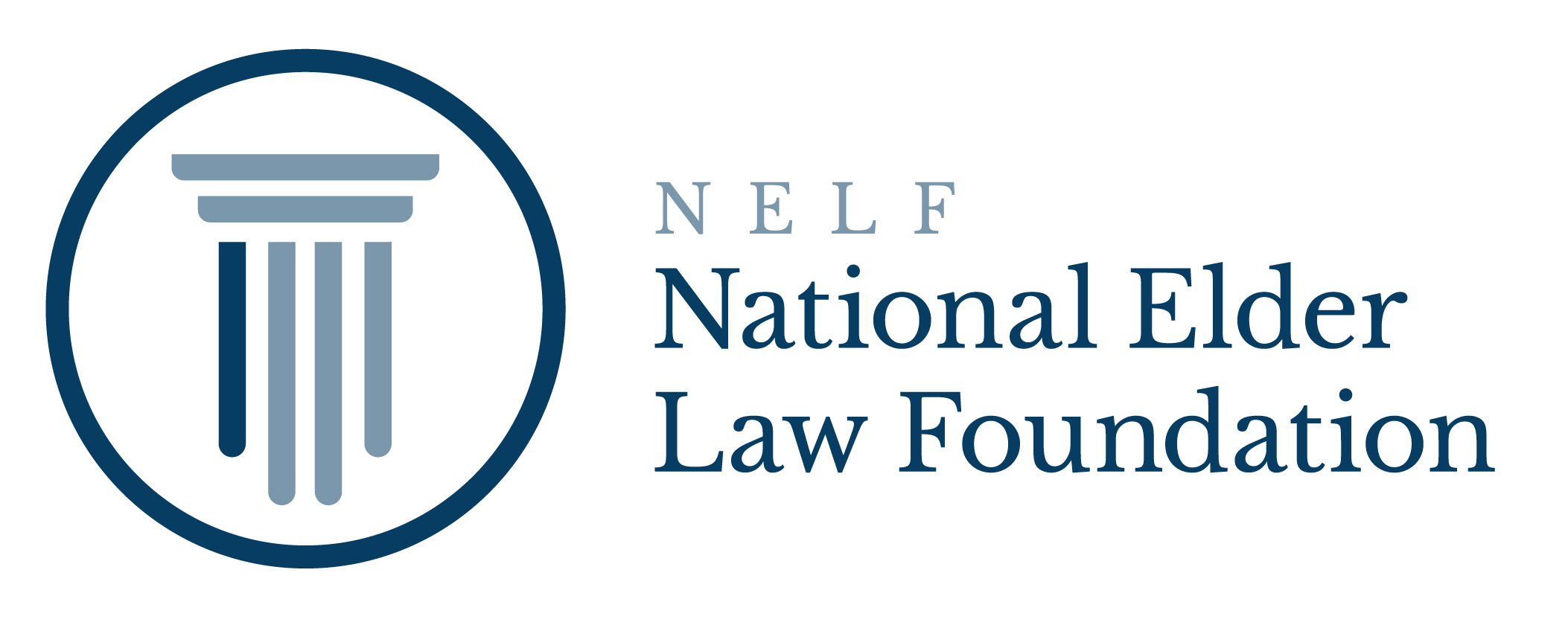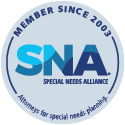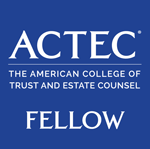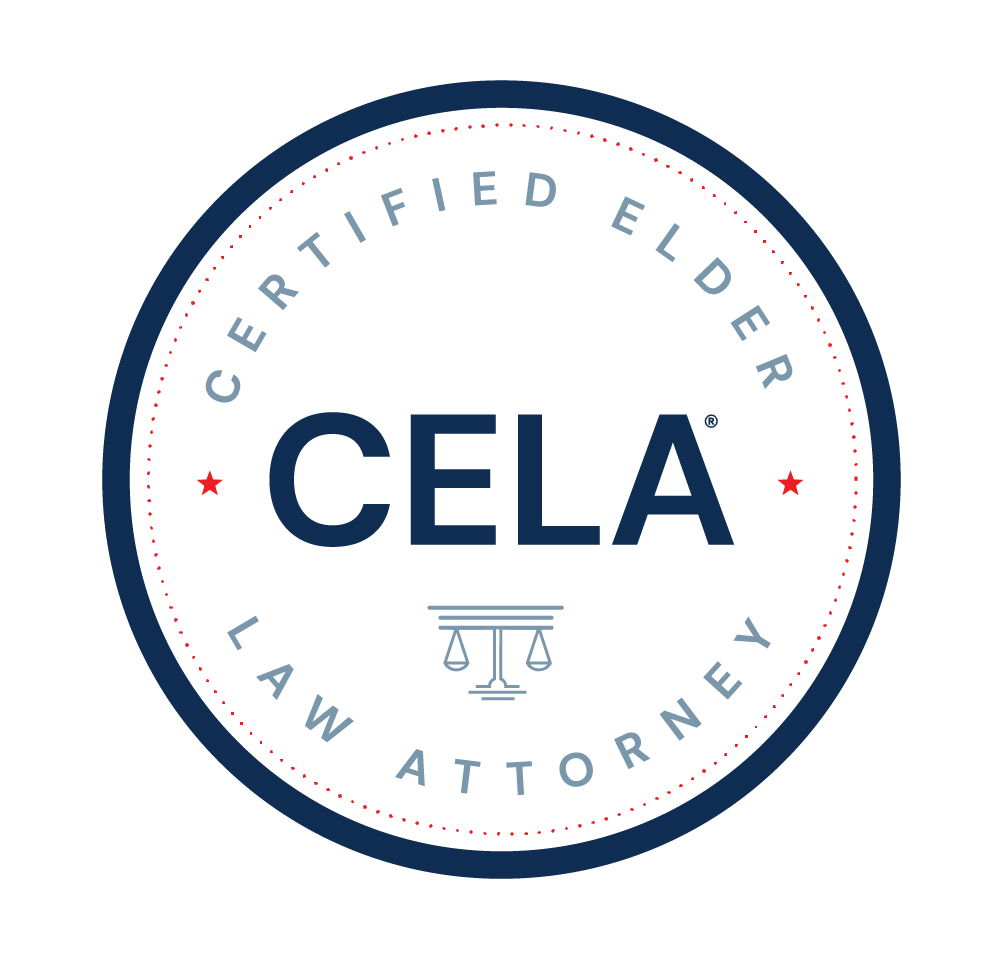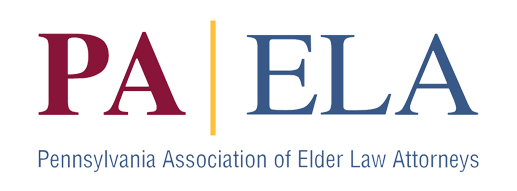Laws Provide for Increased Regulation of Home Care Agencies, Home Care Registries and Assisted Living Residences
By Marielle F. Hazen, a certified elder law attorney in private practice in Dauphin County, Pennsylvania.
Over the last year, the Pennsylvania General Assembly has enacted and the Governor has approved two bills that provide for greater regulation of care services provided to consumers in assisted living facilities and in home and community based settings.
Required Licensure of Home Care Agencies and Home Care Registries
The first is Act 69 of 2006 (P.L. 334, No. 69) which amends the Health Care Facilities Act (38 P.S. §§448.101 – 448.904) to require home care facilities and home care registries to be licensed by the Department of Health. Home care agencies employ direct care workers to provide companionship and custodial care services for individuals in their homes or in other community based living settings. Home care registries connect independent contractors with consumers who need home care services in their homes or in other independent living settings. Some of the services provided by home care agencies and registries are help with activities of daily living (such as bathing and dressing), transportation, meal preparation, companionship and house keeping.
Because both home care agencies and registries limit their services to non-medical care, they were previously excluded from the licensure requirements that apply to home health care agencies such as the Visiting Nurses Association. Act 69 of 2006 closes this loophole by requiring that these agencies be licensed, and by setting minimum standards for licensure. The goal of Act 69 of 2006 is to assure that consumers are receiving safe and adequate care from home care agencies and registries and to promote the health and safety of consumers.
The act authorizes the Department of Health to promulgate regulations to define and implement the licensing requirements and procedures. On July 25, 2007, the Department of Health submitted proposed rulemaking to the Independent Regulatory Review Commission (IRRC), and the proposal was printed in the Pennsylvania Bulletin on August 4, 2007. Interested persons have 30 days from this date of publication to submit to IRRC any comments or concerns with the proposed rulemaking.
Among the licensure requirements for agencies are the following:
- Employees or referrals must submit a criminal history report.
- Agencies or registries that serve persons under 18 must require direct care workers to have a child abuse clearance.
- Each individual employed or rostered by the agency shall be screened for communicable diseases.
- Direct care workers must have demonstrated competency or have satisfied the training requirements. Training must address issues such as:
- Confidentiality;
- Consumer control and the independent living philosophy;
- Recognizing changes in the consumer that need to be addressed;
- Universal precautions;
- Basic infection control;
- Recognizing and reporting abuse or neglect;
- Dealing with difficult behaviors;
- Handling of emergencies;
- Documentation;
- Bathing, shaving, grooming and dressing;
- Hair, skin and mouth care;
- Meal preparation and feeding;
- Toileting
- Assistance with self-administered medications; and
- Home management.
- Home care agencies and registries must also comply with some important consumer protection requirements including, but not limited to, the following:
- The consumer has the right to be involved in the service planning process;
- Home care agencies and home care registries must provide at least 10 days notice of intent to terminate services;
- No individual as a result of the individual’s affiliation with a home care agency or home care registry may assume power of attorney or guardianship over a consumer utilizing the services of that agency or registry. Consumers cannot be required to endorse checks over to the agencies or registries;
- Prior to commencement of services, the home care agency or home care registry must provide a form that is easy to read and understand, and that outlines the following:
- A listing of the available services that will be provided to the consumer;
- The hours when those services will be provided;
- The fees and total costs for the services;
- Contact information for the Department of Health so consumers can obtain information about the agency or registry’s compliance with licensure requirements;
- The Department of Health’s Hot Line, and the telephone number for the Ombudsman with the local Area Agency on Aging; and
- A disclosure addressing whether the care workers are employees of the agency or independent contractors.
These regulations provide important protections for consumers and will help protect some of the most vulnerable citizens of Pennsylvania. The regulations will be effective after the regulatory review process is completed and the final form regulations are published in the Pennsylvania Bulletin. The regulatory process can be expected to take at least a year, and may likely to take closer to two years to complete.
Assisted Living Regulation
On July 25, 2007, the Governor approved Senate Bill 704, now Act 56 of 2007, which amends the Public Welfare Code to provide for the licensure and regulation of assisted living residences. The passage of this bill was the result of a bipartisan effort and a recognition that assisted living residences are a significant long-term care alternative. The consensus was that it is in the best interest of Pennsylvanians that a system of licensure and regulation be established for these residences.
Assisted living residences allow people to age in place, maintain their independence and exercise decision making and personal choice. Unfortunately, the costs associated with assisted living residences have prevented many individuals from accessing this care option. In some instances, individuals have had to enter nursing homes rather than assisted living residences even though their care needs could have been met in the assisted living residence simply because they could not afford the costs associated with the assisted living residence. For individuals who financially and medically qualify, Medicaid is an available public benefit that provides assistance with nursing home costs. Through the Pennsylvania Department of Aging Waiver program, Medicaid funds can also be used for home and community based services to help individuals age in place. Medicaid funds have not been available, however, to provide assistance in paying for care in an assisted living residence.
Act 56 of 2007 now opens to the door to the possibility of having Medicaid funds available to help individuals who financially and medically qualify pay for care in an assisted living residence. There is recognition that this benefits consumers by providing them with another care option that can be less restrictive than the nursing home setting. It also has the potential of resulting in savings for the Medicaid program because to the extent an individual’s needs are met in an assisted living residence rather than a nursing home, the cost to the Medicaid program will be less.
Act 56 of 2007 directs the Department of Welfare to promulgate regulations to define and implement the assisted living residence licensure process. These regulations must go through the regulatory review process which is likely to take at least 18-24 months. This fall the Department of Public Welfare will also begin working on a request to the federal Centers for Medicare and Medicaid Services (CMS) to allow Pennsylvania to utilize Medicaid funding for services provided in assisted living residences. Medicaid funds for assisted living residences will not be available until the regulations are final and until CMS has approved Pennsylvania’s request to use funds for services in assisted living residences.
Facilities that are currently referring to themselves as “assisted living residences” will continue to be able to do so until the regulatory process is completed. Once the regulations are effective, only those facilities that have successfully completed the licensure process will be able to refer to themselves as assisted living residences. The licensure requirements will include building and unit specifications with which currently operating facilities may not be in compliance. While there will likely be waivers of certain requirements for existing facilities, for many facilities there will be significant costs associated with the modifications needed to comply with the licensing requirements. As such, it remains to be seen how many of these facilities will go through the licensure process. Those that choose not to do so will be able to continue to operate as personal care homes and be licensed as such. Only facilities licensed as assisted living residences will qualify for reimbursement from the Medicaid program to assist in paying for the care of individuals who financially and medically qualify.
The development of the assisted living residence regulations and of the waiver request with CMS will be interesting over the next two years. If implemented properly, these are exciting developments in Pennsylvania with the potential to significantly benefit individuals who financially and medically qualify for Medicaid by providing them with a care alternative that allows them more independence and control than they would have in a more institutionalized setting.






